

The ITUC-Asia Pacific gathered representatives of trade unions from across the region for a two half-day online training, on 14–15 March 2022, designed to help them set up a mentoring programme within their organisations.
This training and dissemination workshop was part of a joint project with the DGB Bildungswerk Bund (DGB BW) to advance the engagement of women and young trade unionists in leadership representations and social dialogues.
“You are pioneers of a new generation of champions, who will take the trade union movement to greater heights, to where it should be in this fast-changing world of work,” ITUC-Asia Pacific General Secretary Shoya Yoshida told the participants.
He lauded their commitment to building inclusive unions through collaborative learning, mentoring, and tireless practice on the ground.

Leadership development goes beyond mere organisational responsibility to build productive human resources, especially “when it comes to accelerating youth and accelerating women, the two groups that have been traditionally marginalised in the workplace and kept away from the seat of power,” said Tracy May, an internationally accredited coach who, alongside her associate, Justine Fahey, facilitated the workshop.

“Mentoring, to youth, is about learning and growing. Mentoring, to a mature workforce, is about giving back. Mentoring, to women in the workplace, is about empowerment,” May added. “They all have a different reason for being there. But mentoring is the common denominator that helps to engage them more fully.”
The facilitators emphasised the value of mentoring in enabling equitable practices. Building on mutual respect and accountability, mentors and mentees are empowered to grow individually and spur overall organisational productivity. A mentoring programme could also contribute to consolidating and expanding membership in the long run by fostering a learning culture within a union and a stronger sense of belonging among its members.
But, as a collective endeavour, initiating a mentoring programme requires careful planning. It must be aligned with clear organisational goals and engage stakeholders in the onboard experience. May and Fahey urged the participants to design their own programme with structures and people in charge of facilitating every stage of the process.
“Not all mentors and mentees have the same understanding, the same experience, the same skill sets, when it comes to mentoring,” Fahey said. “So, it’s really important that, as an organisation, you help your mentors and mentees by upskilling, by training, and by giving them the support that they need to be successful within a mentoring programme.”
The participants welcomed the mentoring program as they said it could make their current ‘training’ efforts more systematic and organized. All kinds of mentoring - formal, informal, group, ‘peer’, or colleague, which could take place in the same time frame, could benefit immensely.
The participants came away from the workshop with two sets of resources – the “Build Up Programme,” a training manual that covers in more detail how unions can build and sustain their own mentoring programmes, and the “Lead Up Programme,” which consists of two separate guides for mentees and mentors.

The ITUC-AP will develop the Lead Up Programme, in particular, into a month-long online asynchronous course to complement the 10-module WaY2GO training and curriculum manual developed in the project’s pilot phase. Thanks to the outcomes in those past three years, “we already have support systems in place,” said Anna Tuvera, Director for Gender Equality Activities at the ITUC-AP. “And so we want to add something that would really increase knowledge and skills building of women and young people.”
This mentorship programme will engage ITUC-AP and ASEAN Trade Union Council (ATUC) affiliates in Cambodia, Indonesia, and the Philippines. It will serve as an exciting opportunity for the unions to collaborate, build capacities, and harness the ITUC-AP’s expertise and technical assistance in accelerating the development of their target mentees in the next three years.
Yoshida acknowledged the shared challenges to overcome along the way but expressed high hopes for the WaY2GO 2.0 and “its potential to advance women and youth into leadership roles and help them thrive and make meaningful contributions in the workplaces, communities and society as a whole.”


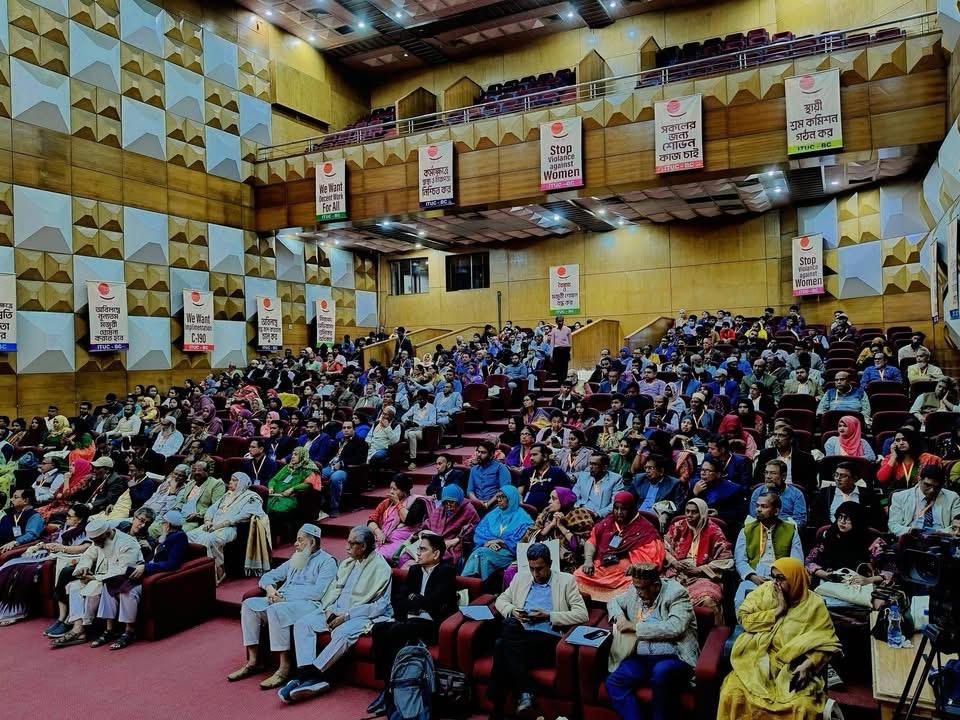











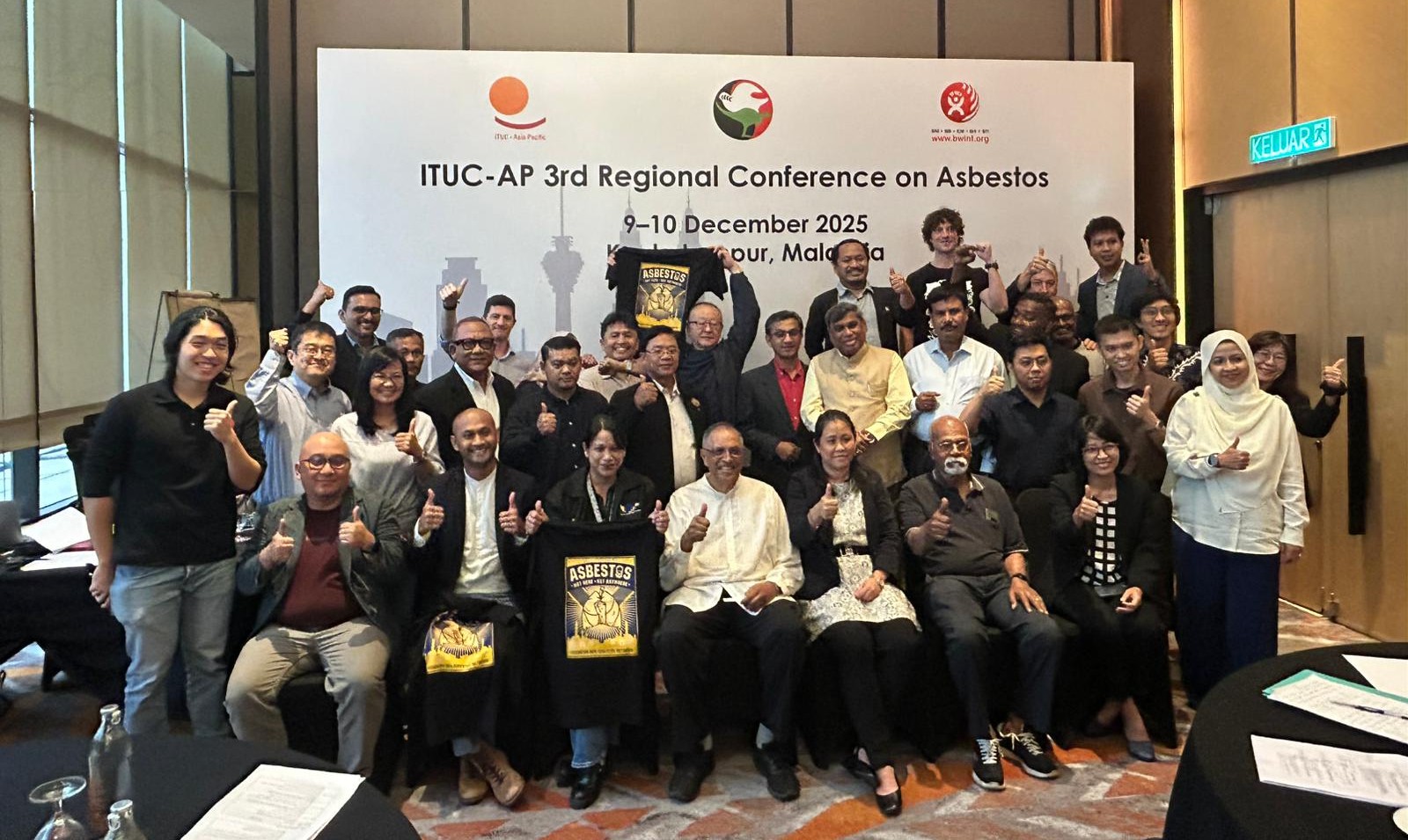





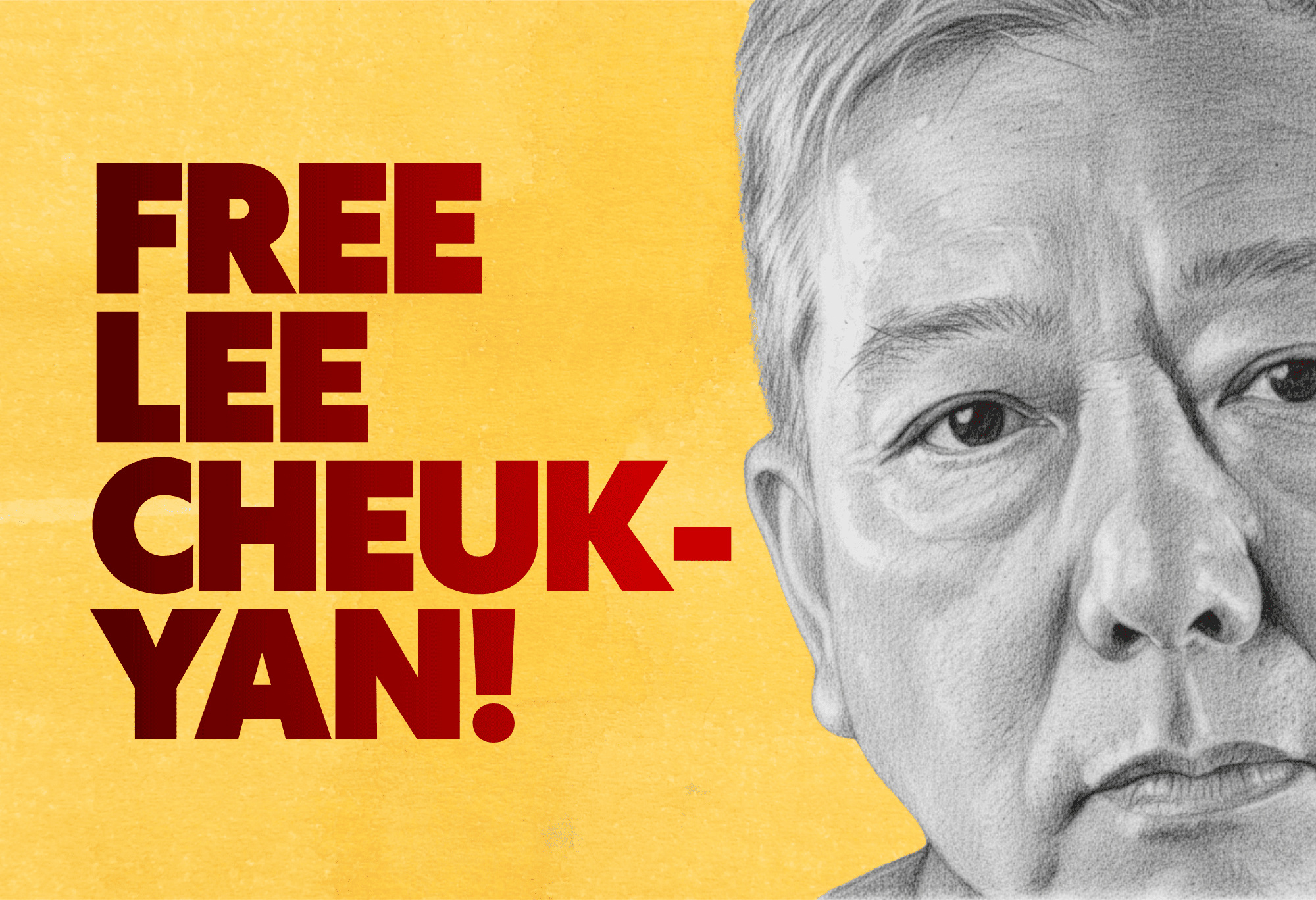





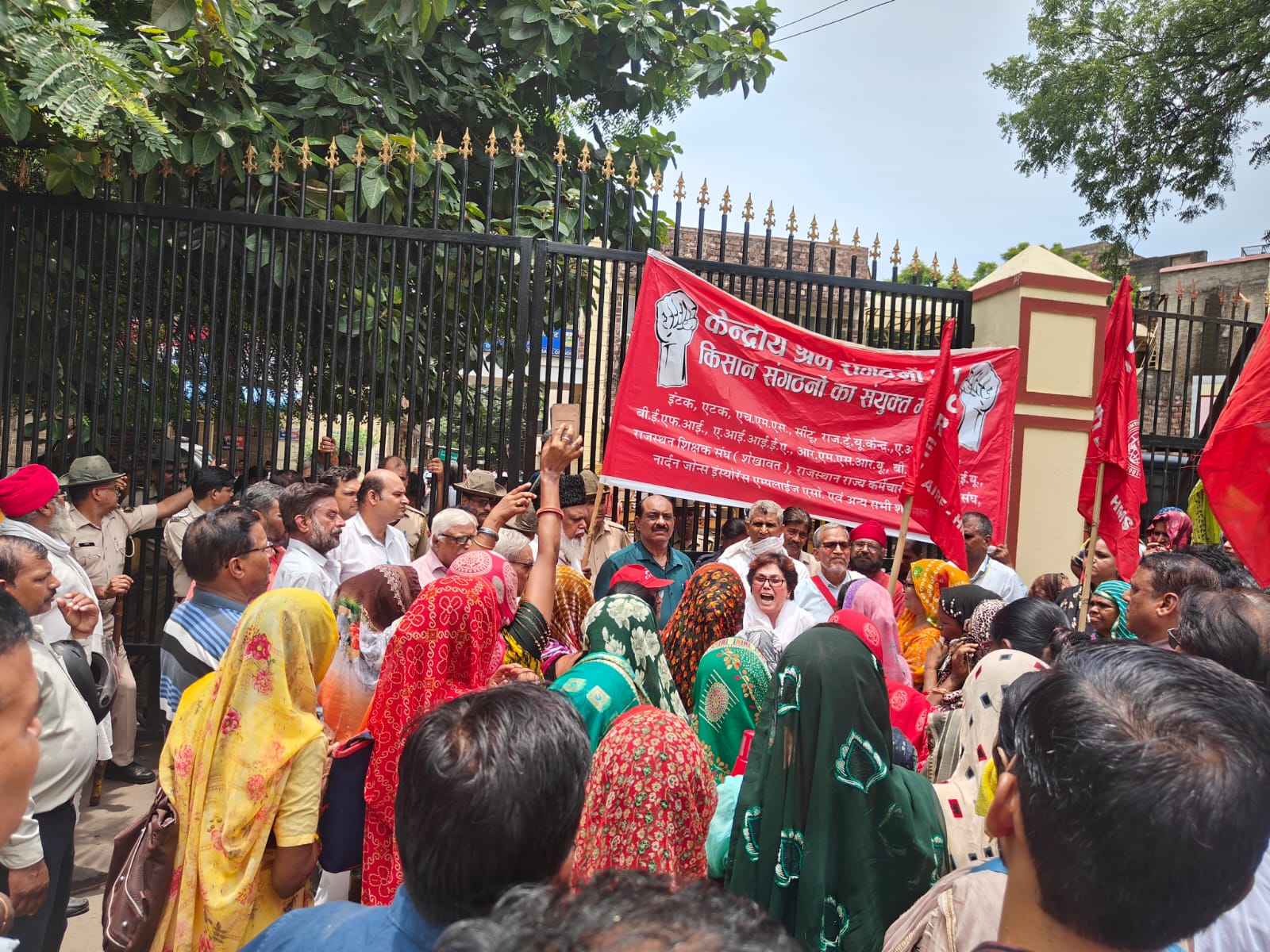





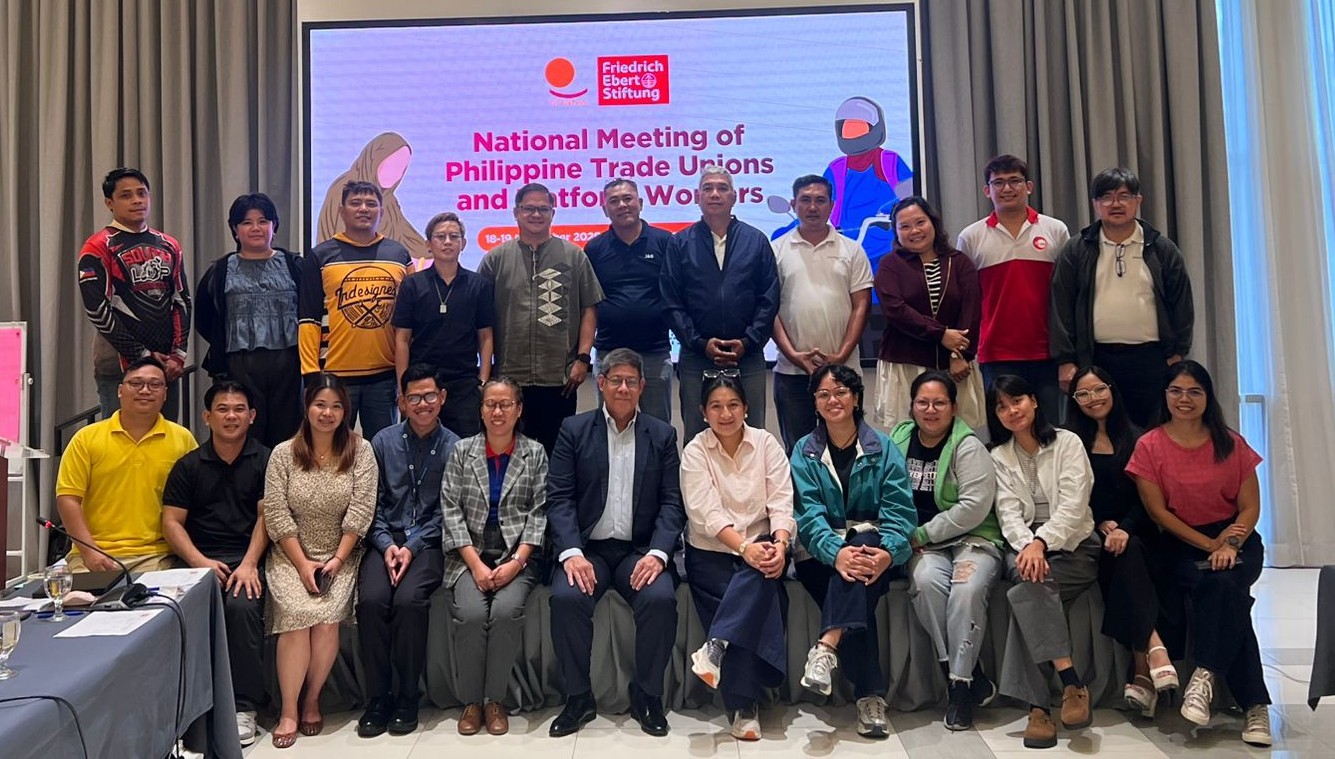





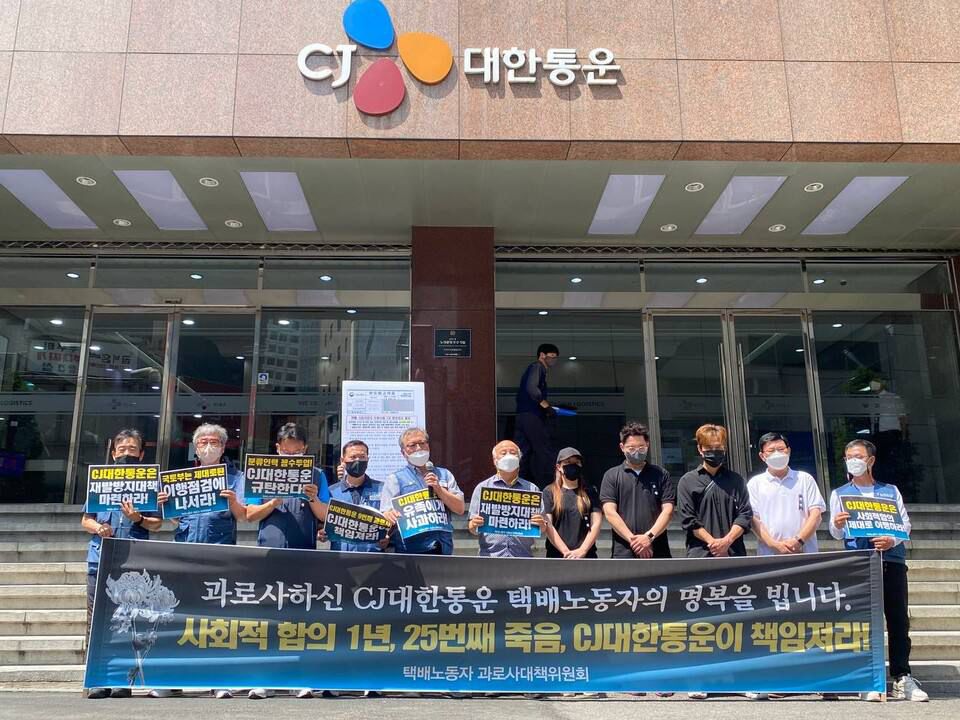





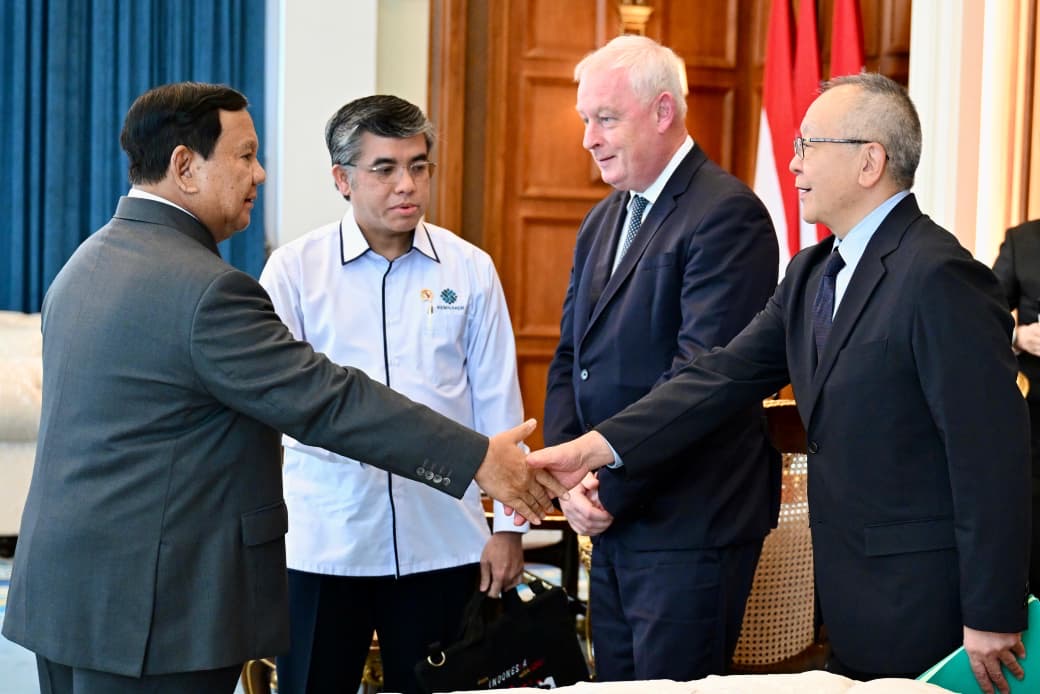





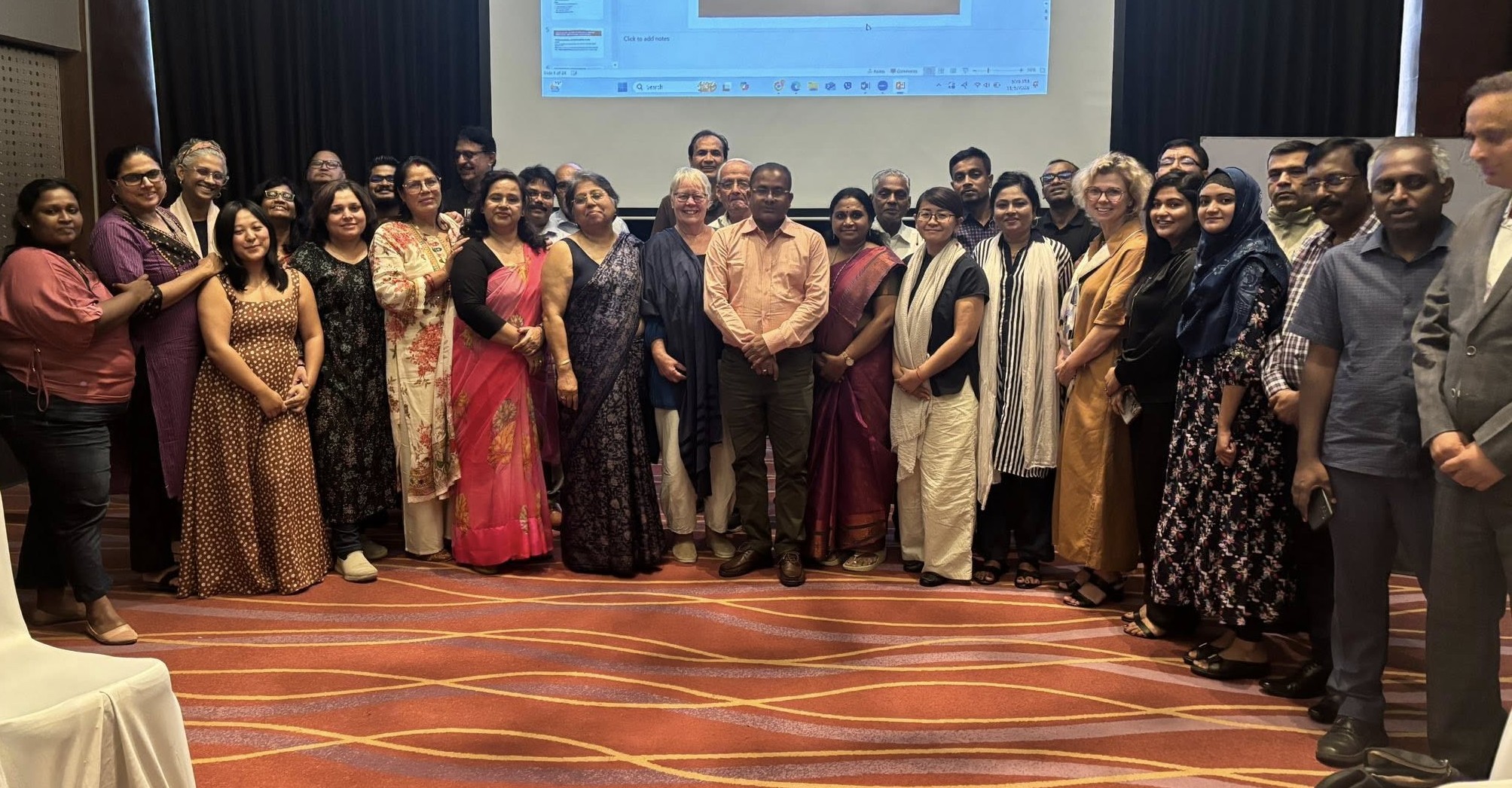





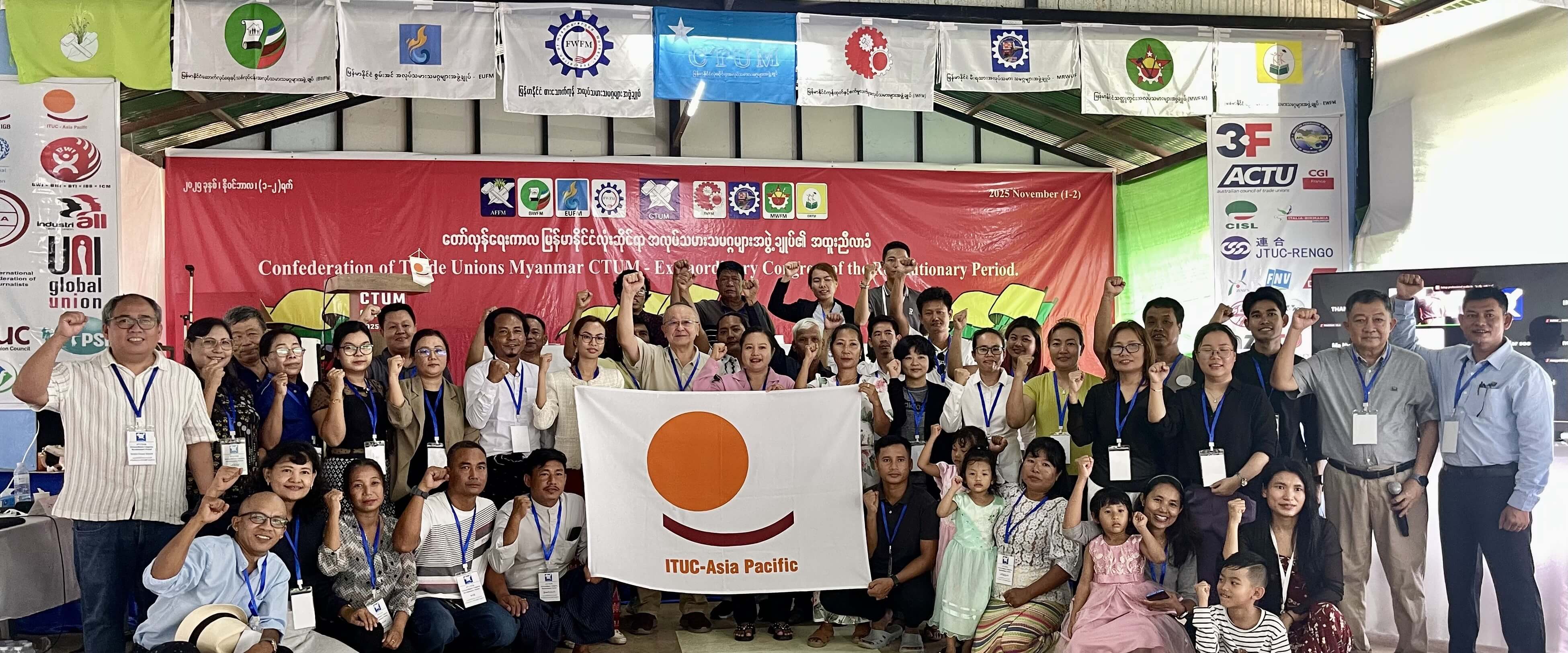





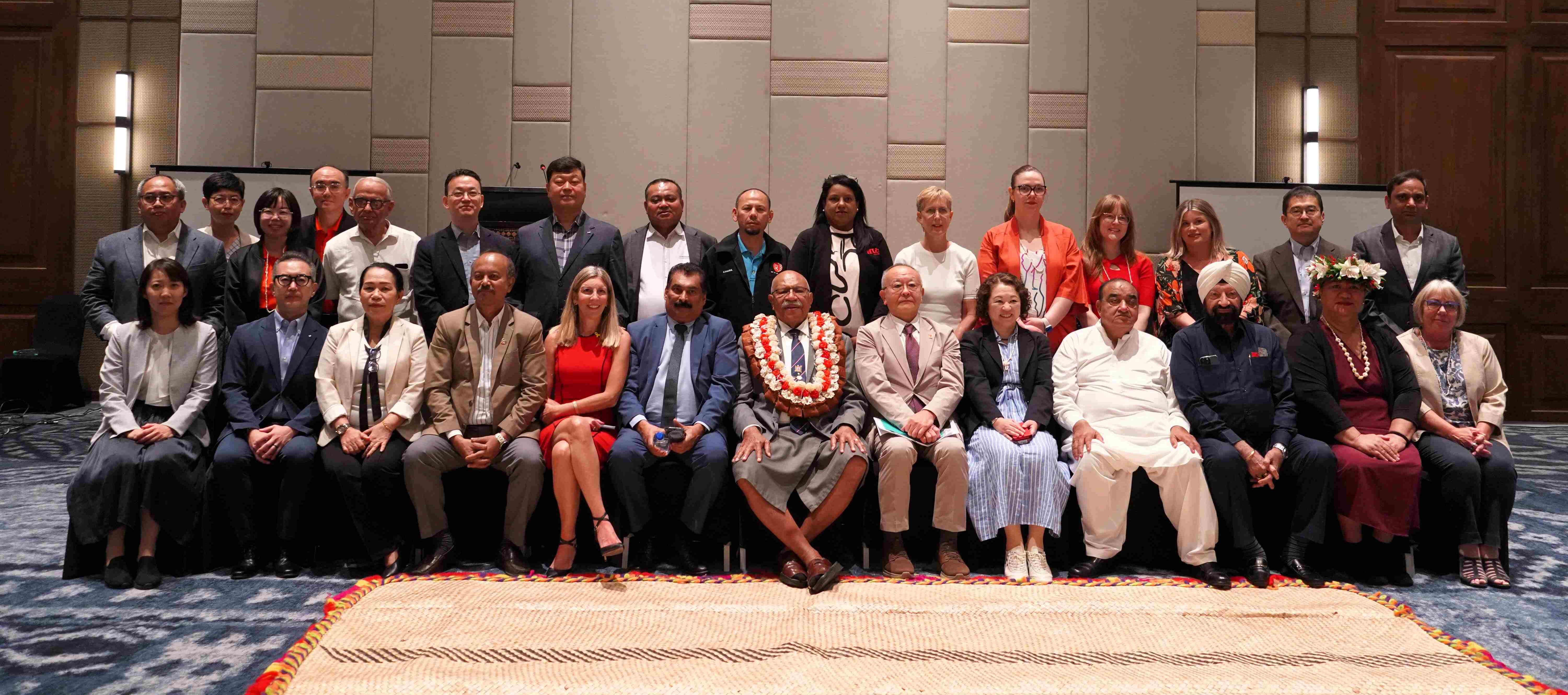





.jpg)


.jpg)














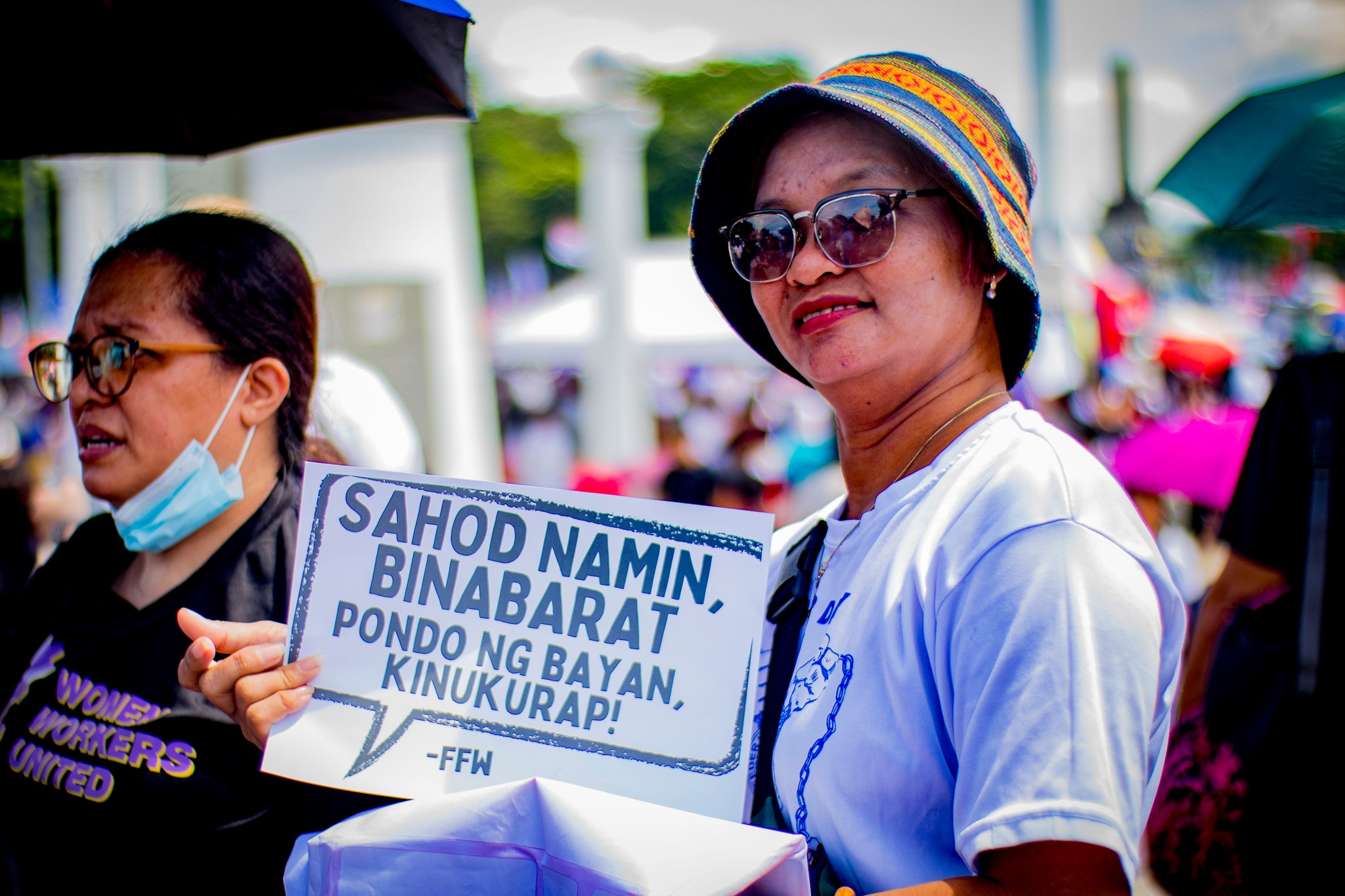





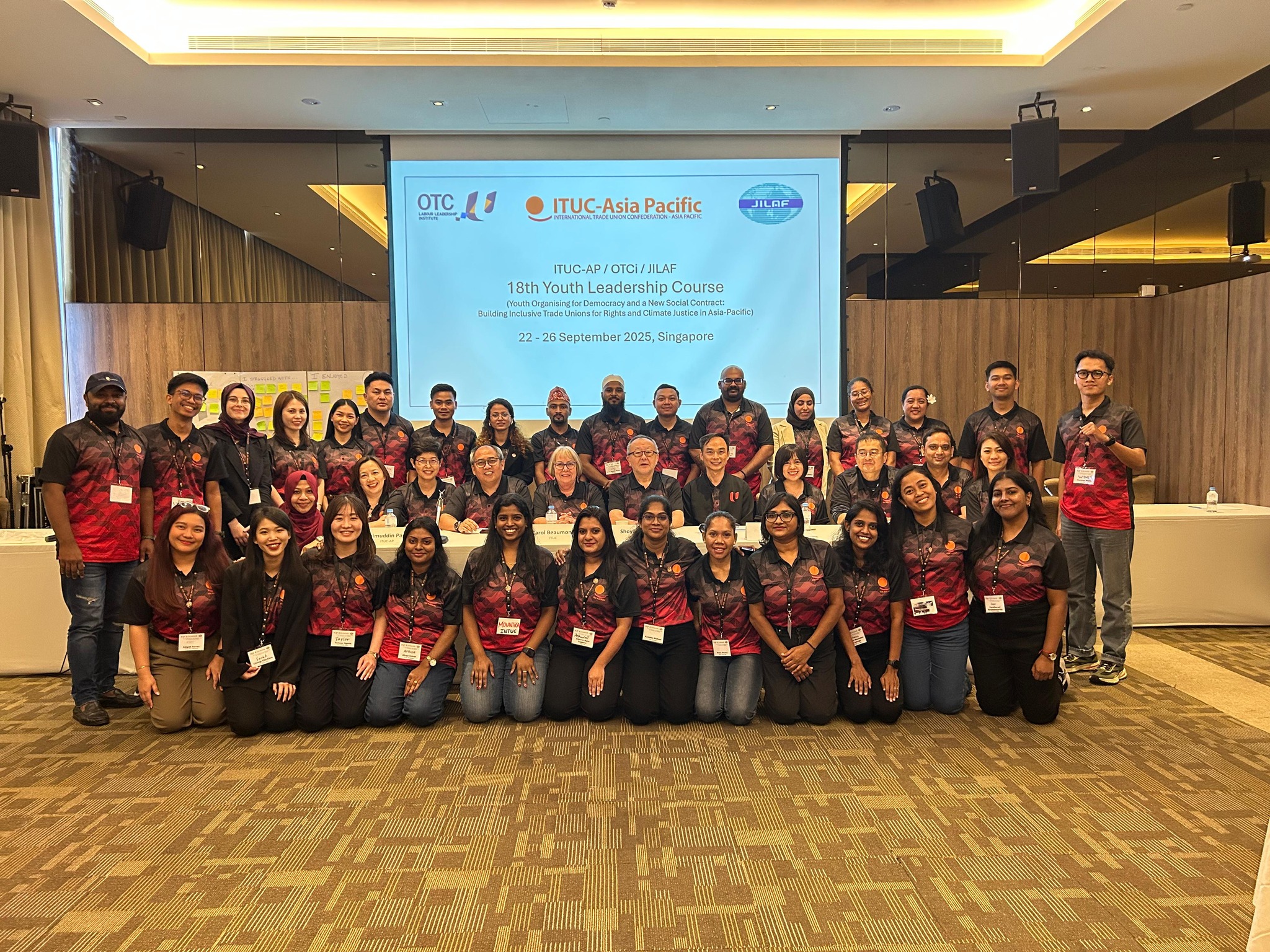





.png)


.png)








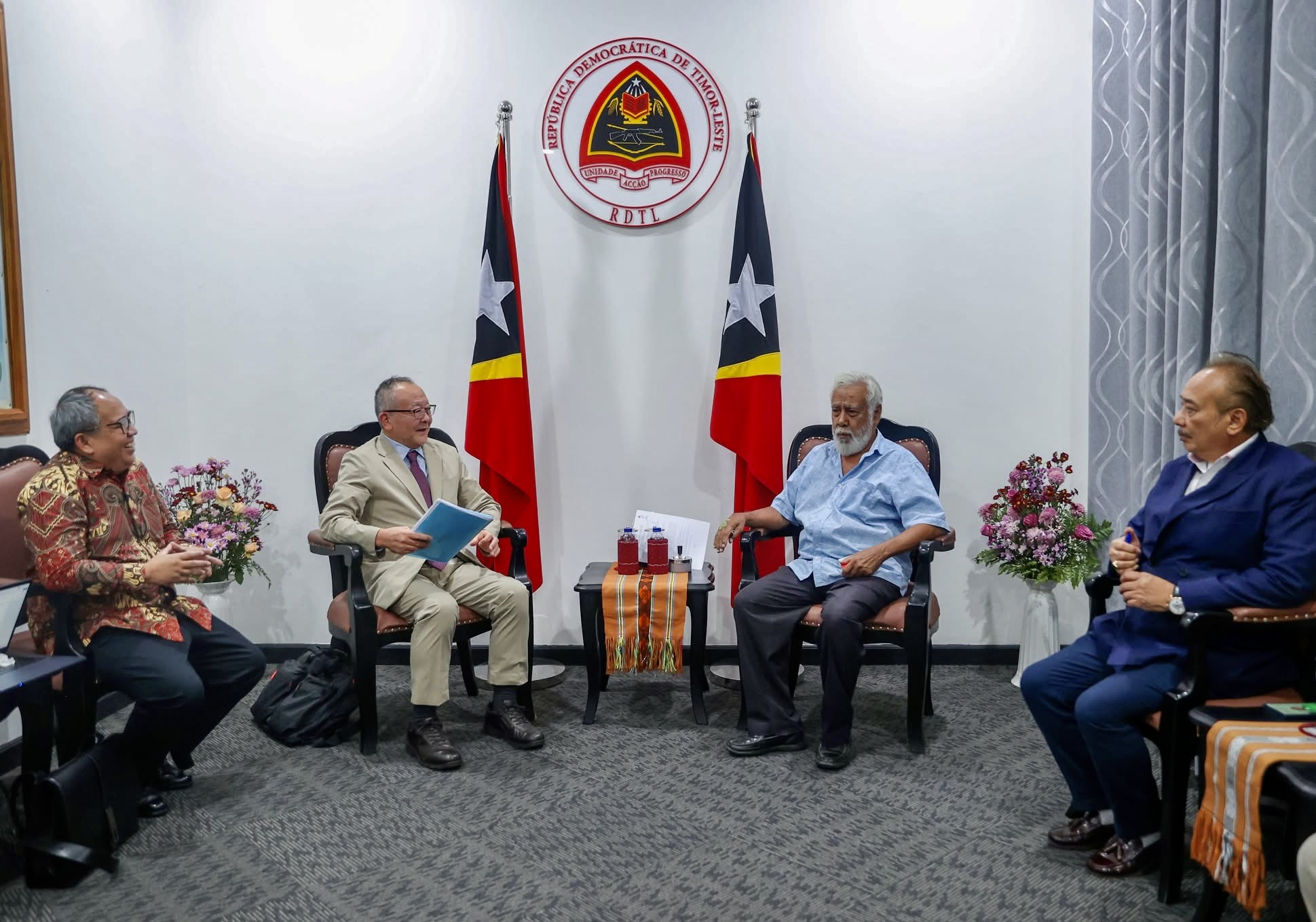





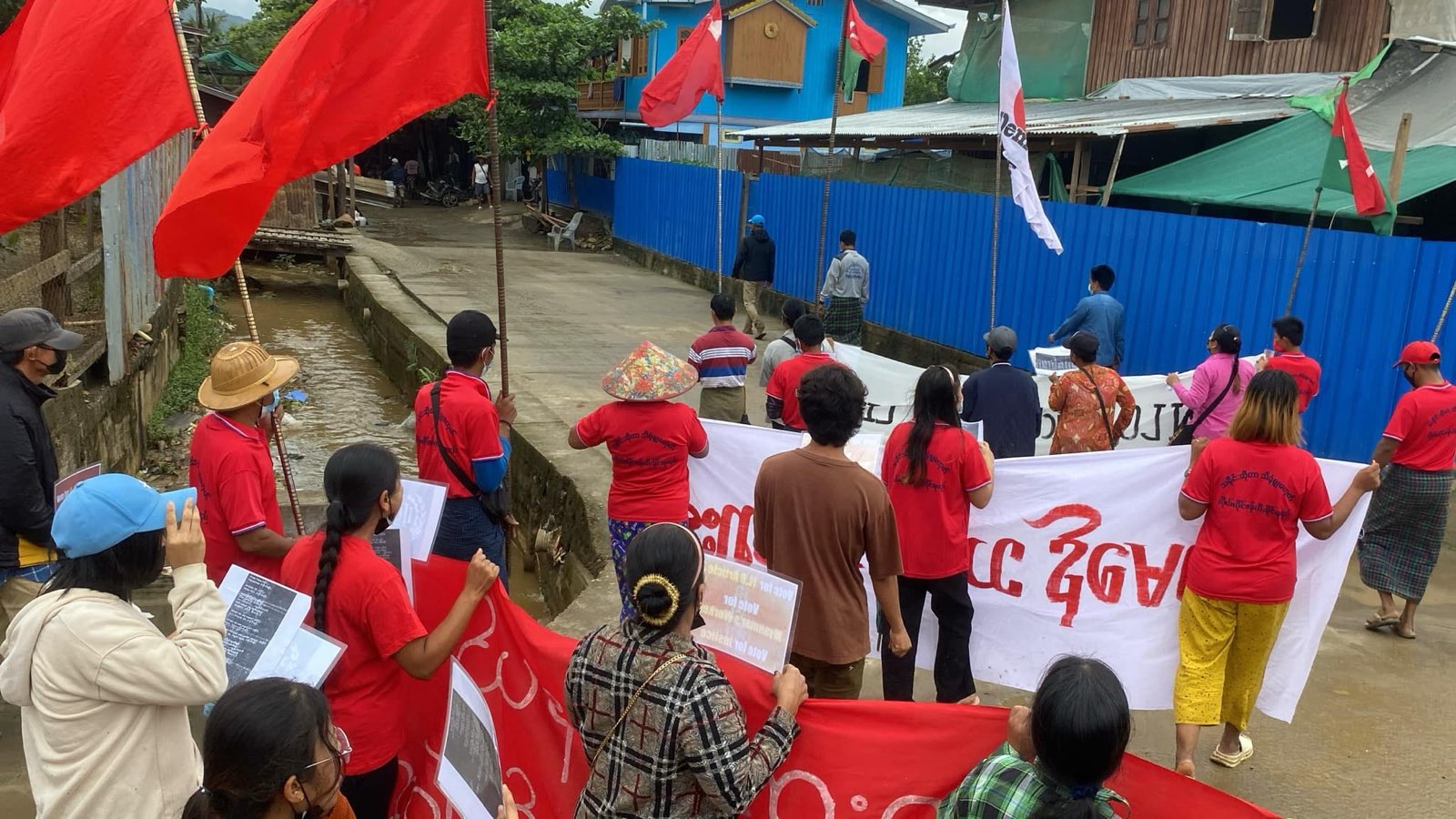





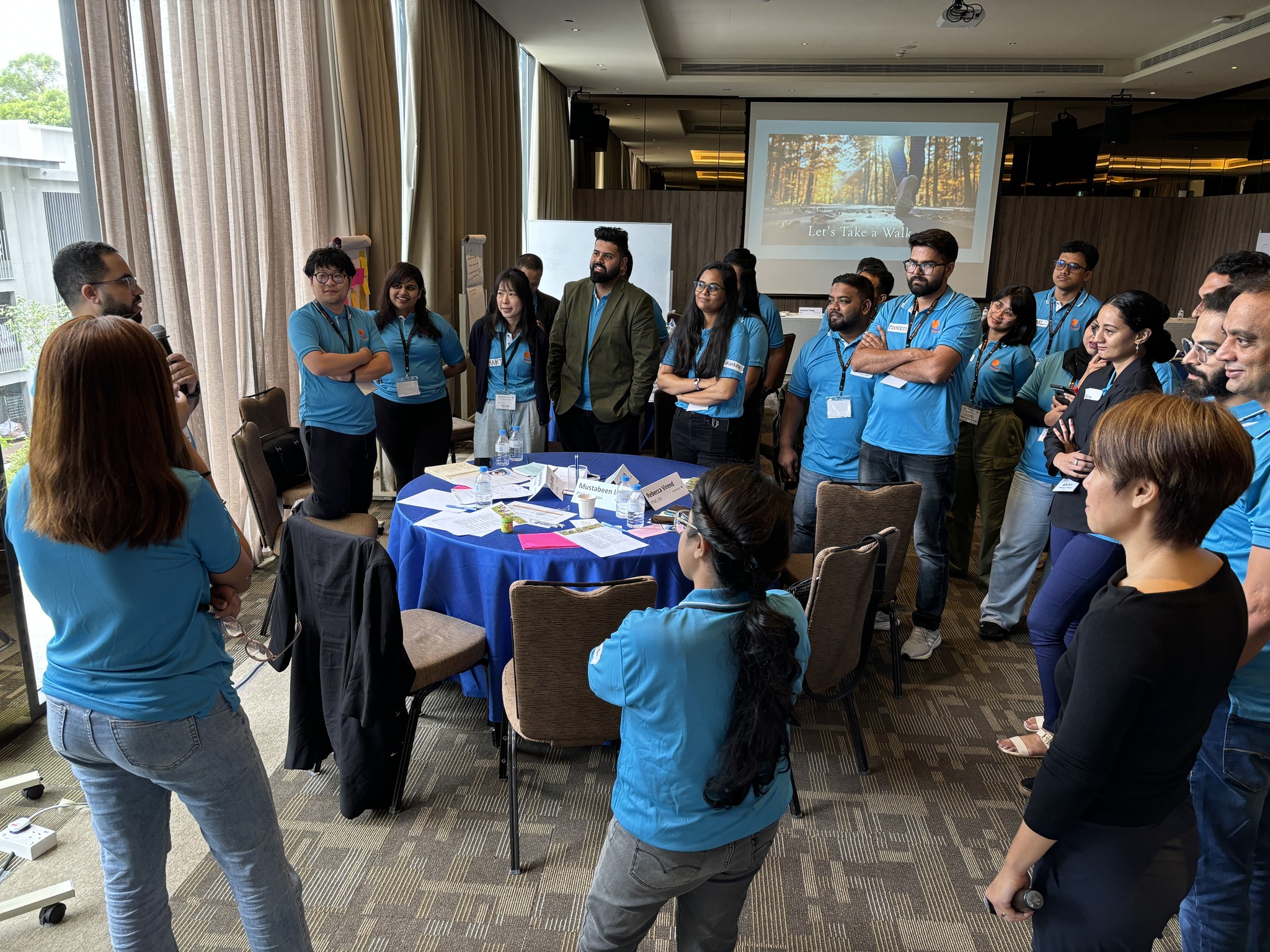





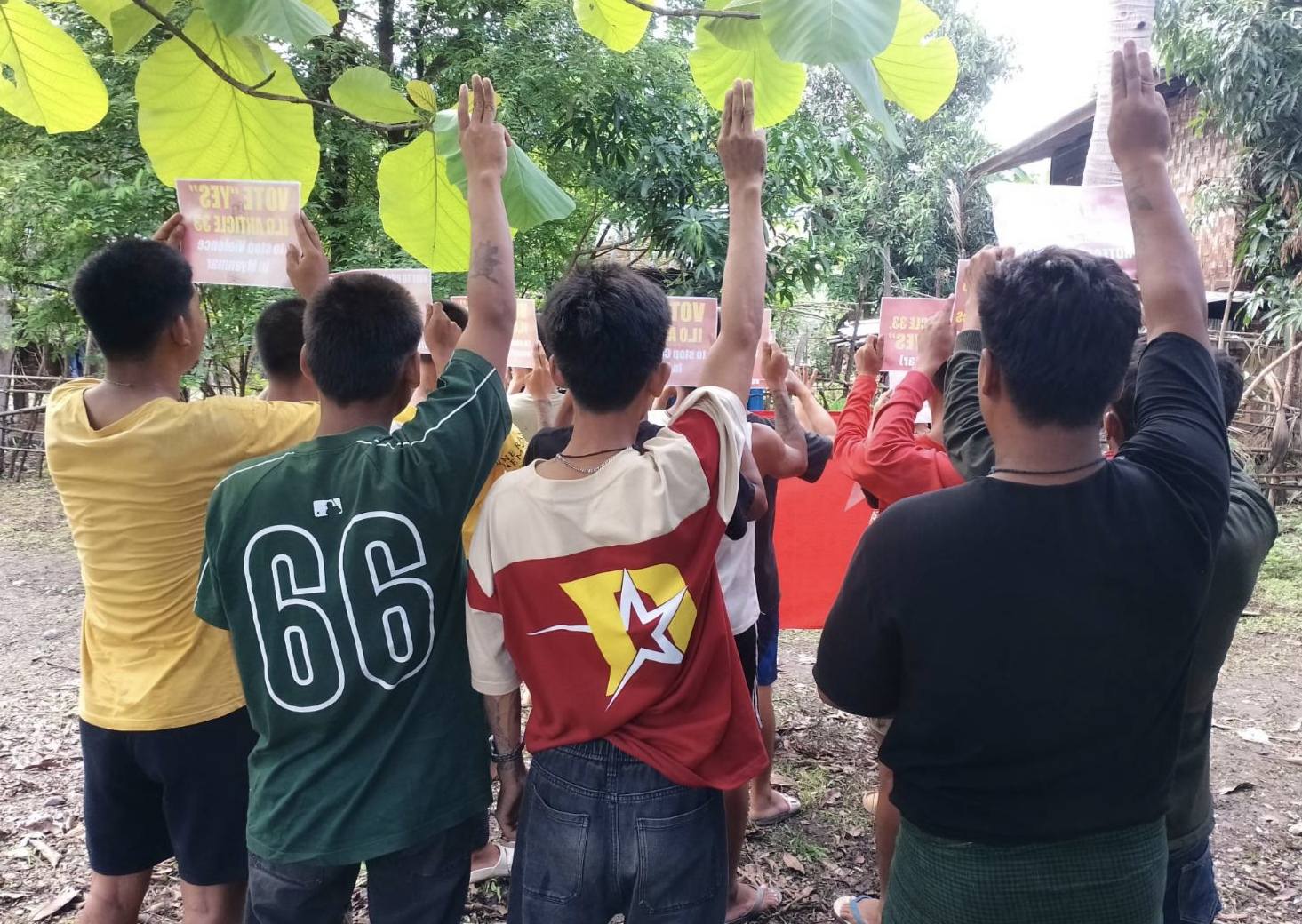





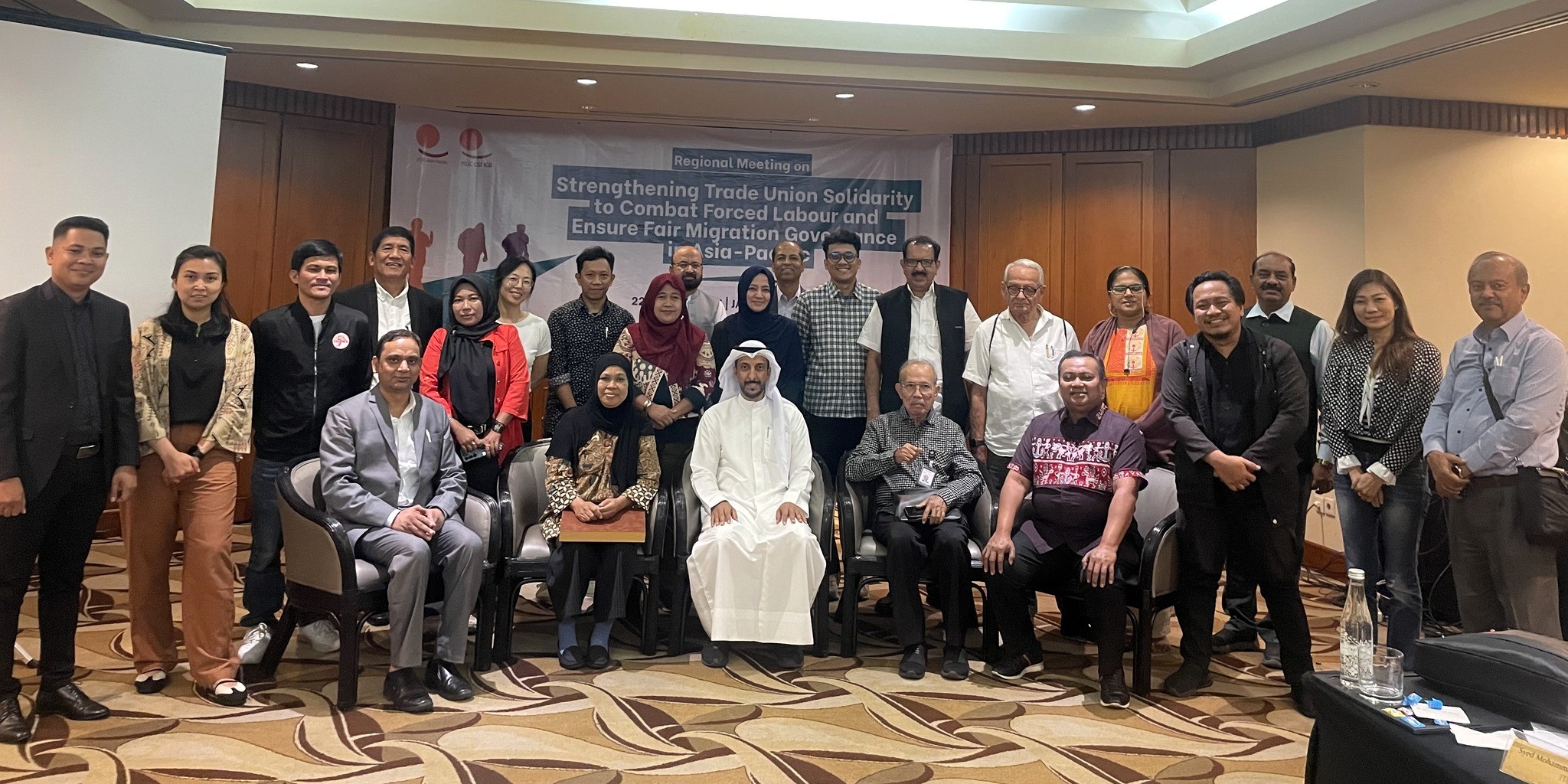























.png)


.png)














.png)


.png)
















































































































%20(1).png)


%20(1).png)
























.jpg)


.jpg)














































































.png)


.png)
























.png)


.png)














































































































.jpg)


.jpg)


























.png)


.png)

